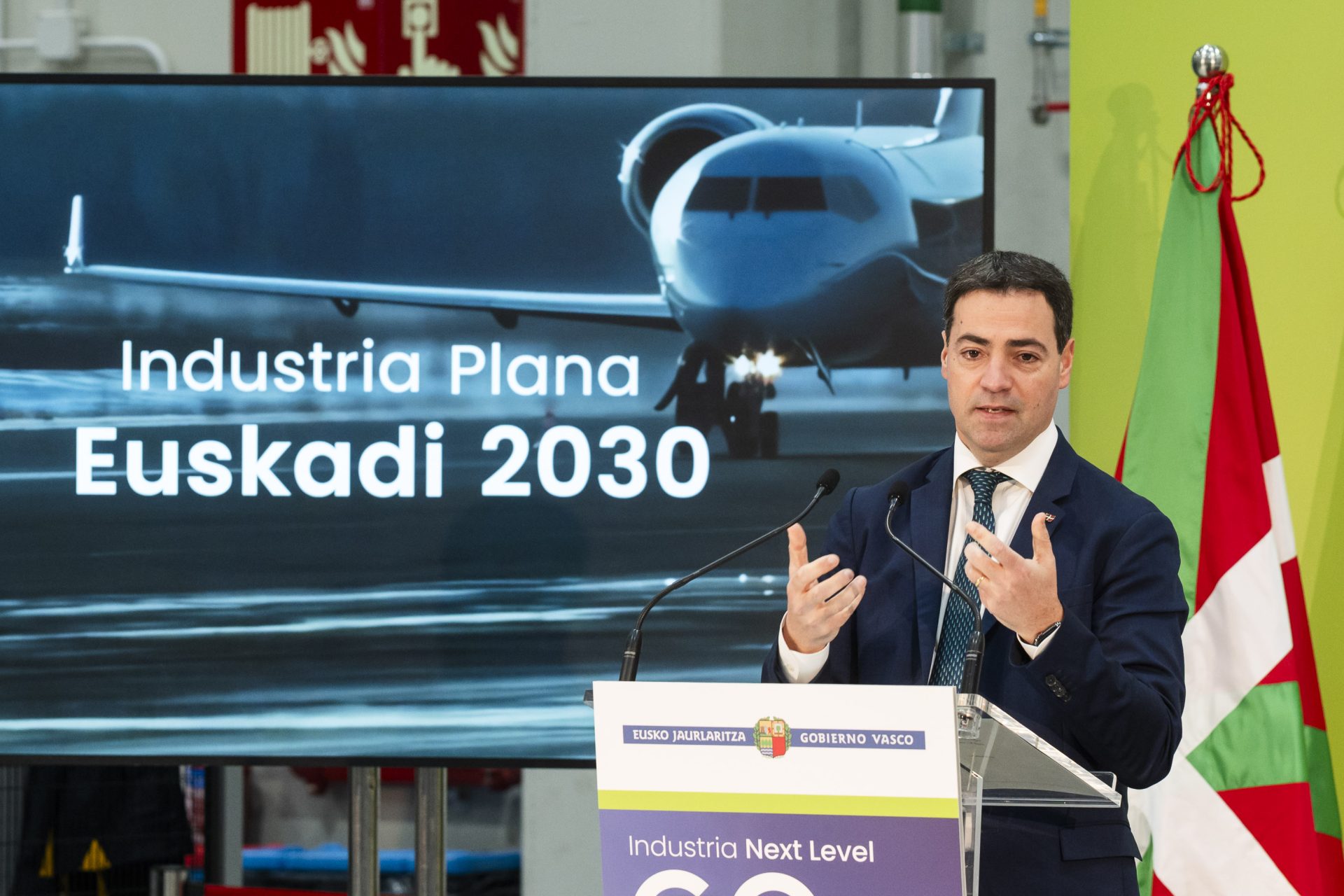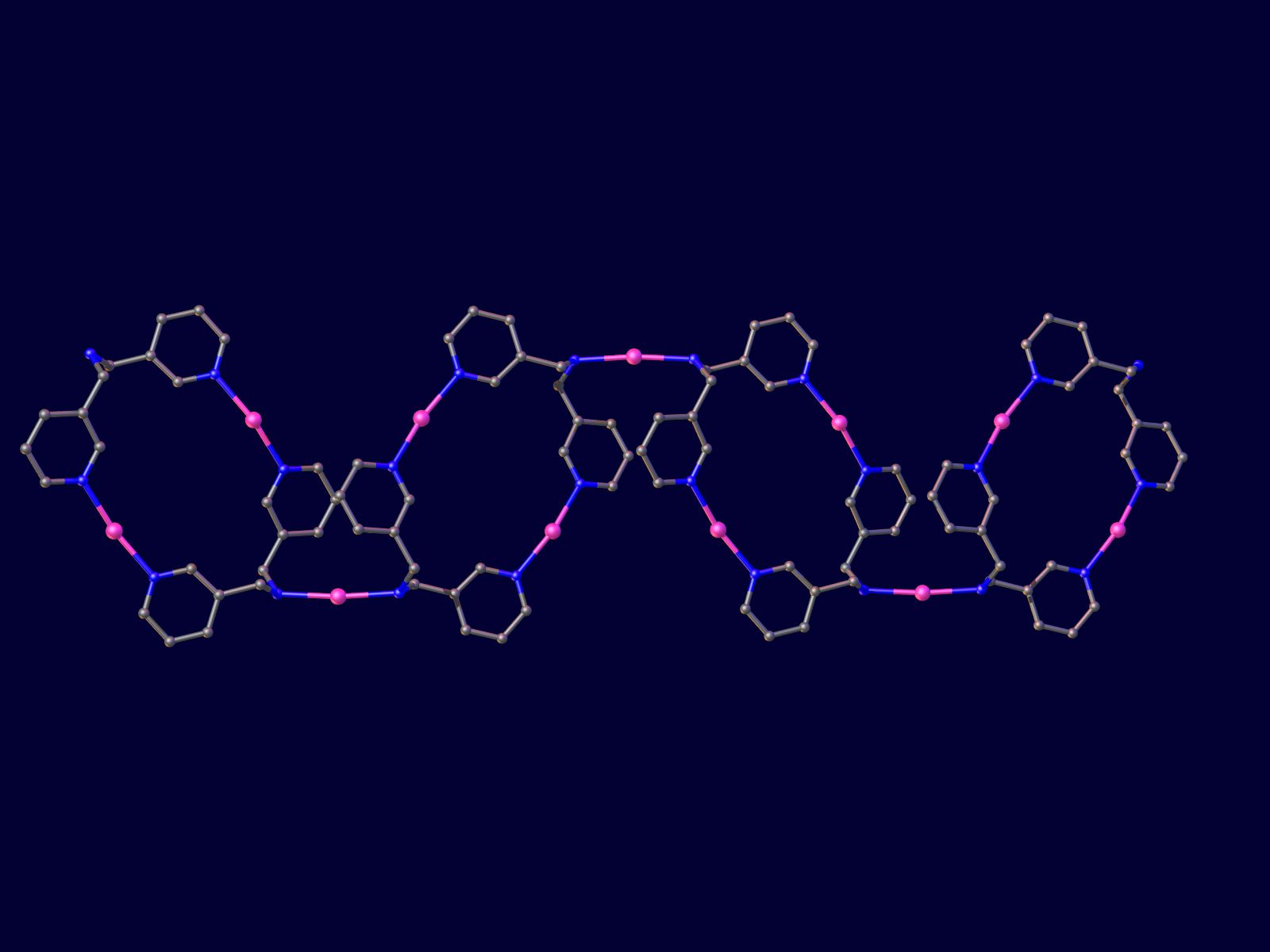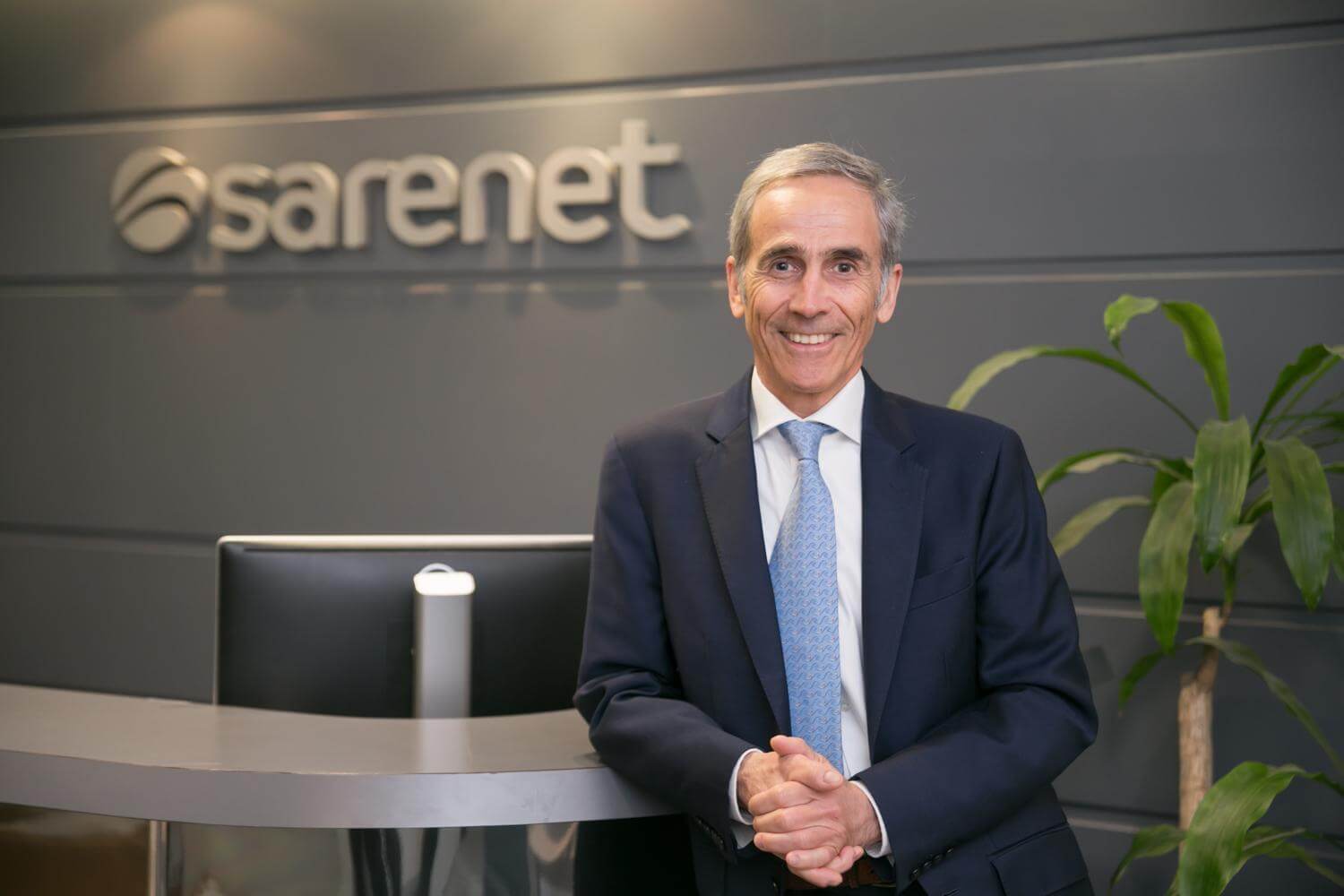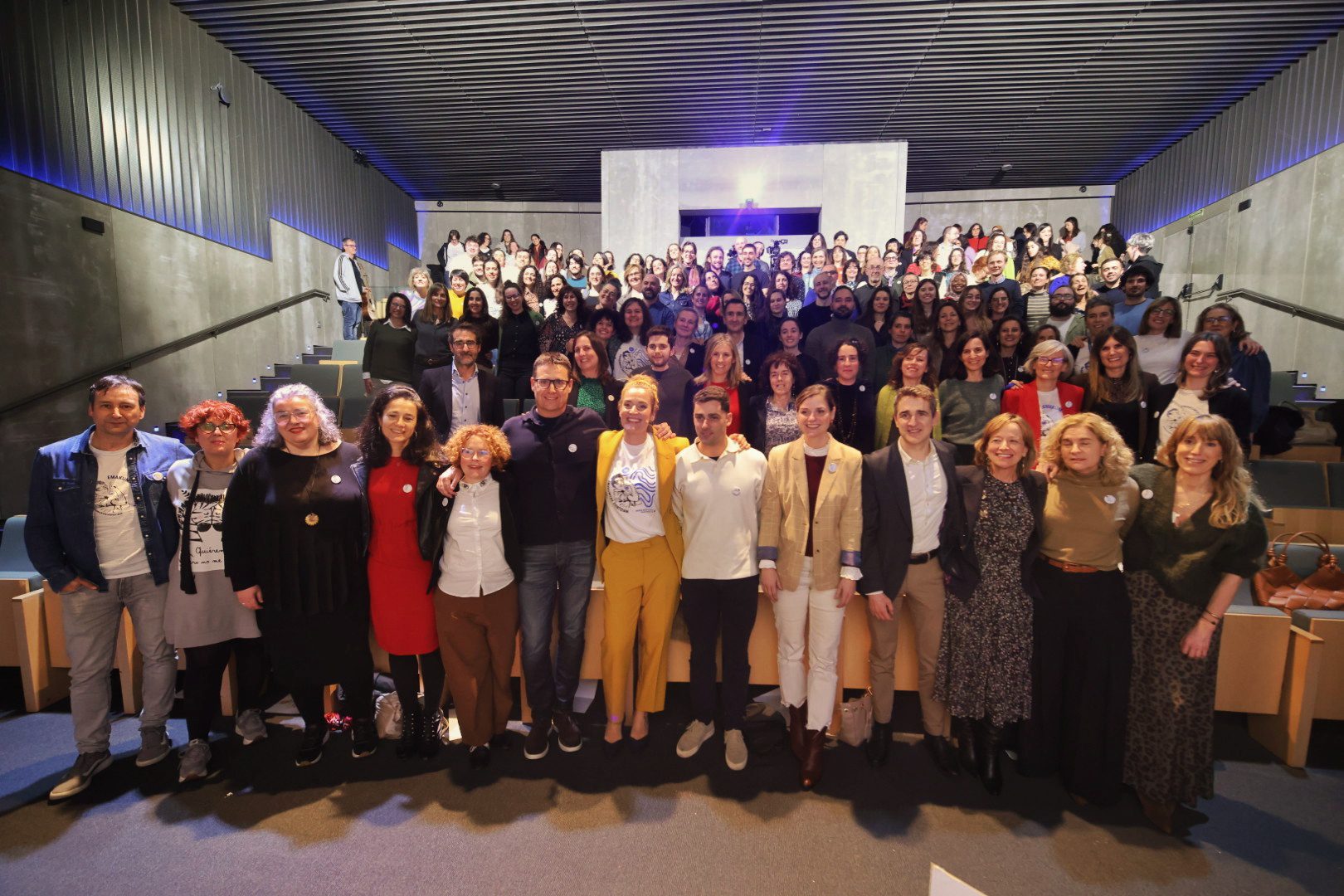BatSum23′, the European battery conference organised by CIC energiGUNE, highlights the development of “Europe’s own technology”, with the Basque Country as an example
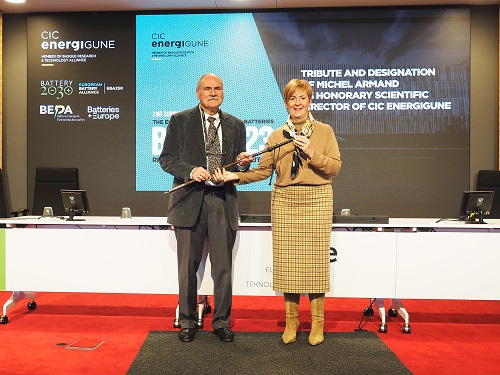
The Vitoria-Gasteiz Campus of the Basque Technology Parks hosted the second edition of the conference on the European Battery Ecosystem, ‘BatSum23’, in which the continent’s main strategic policy makers warned that “there are no longer any rules in the global battery technology race and it is necessary to take joint and rapid decisions”.
After appointing the prestigious researcher Michel Armand as honorary scientific director of CIC energiGUNE, the Basque Government’s Regional Minister for Economic Development, Sustainability and the Environment, Arantxa Tapia, pointed out that “the Basque Country has the conditions to form a battery ecosystem that is unequalled in Europe”, citing ongoing initiatives such as Basquevolt as an example.
 CIC energiGUNE, a leading Basque research centre in electrochemical energy storage, thermal energy storage and conversion and hydrogen technologies, has brought together in Vitoria-Gasteiz more than 150 representatives of the European battery ecosystem to analyse the “battery revolution” and note that Europe “needs to achieve its own technology to win the global race with other countries and continents”. In this sense, the work carried out in regions such as the Basque Country was highlighted during the conference, a commitment that will be “even more reinforced in the coming years”, according to the Basque Government’s Minister for Economic Development, Sustainability and the Environment, Arantxa Tapia, at the closing ceremony of the event.
CIC energiGUNE, a leading Basque research centre in electrochemical energy storage, thermal energy storage and conversion and hydrogen technologies, has brought together in Vitoria-Gasteiz more than 150 representatives of the European battery ecosystem to analyse the “battery revolution” and note that Europe “needs to achieve its own technology to win the global race with other countries and continents”. In this sense, the work carried out in regions such as the Basque Country was highlighted during the conference, a commitment that will be “even more reinforced in the coming years”, according to the Basque Government’s Minister for Economic Development, Sustainability and the Environment, Arantxa Tapia, at the closing ceremony of the event.
Tapia made these statements moments after appointing Professor Michel Armand, the “father” of solid-state batteries and a leading researcher at the Basque centre, as honorary scientific director of CIC energiGUNE. “It is an immense honour; I will do my best to fulfil this responsibility”, said Armand after receiving the “makila” of honour symbolising his new position.
In her speech, Councillor Tapia pointed out that the current success of the Basque battery ecosystem is based on three essential pillars (companies, scientific-technological centres and universities) that have positioned the Basque Country as a benchmark player in the battery field, with cutting-edge projects.
“I hope to see you here again soon visiting the Basquevolt facilities”, said the Basque Minister to the representatives of the European ecosystem gathered in Vitoria-Gasteiz.
The day began at 9:00 a.m. with the official opening by Nuria Gisbert, General Director of CIC energiGUNE; Ana Oregi, Councillor Delegate of the Department of Territory and Climate Action; and Pilar García de Salazar, Deputy General and Deputy for Economic Development and Territorial Balance of the Provincial Council of Alava. In his speech, Gisbert highlighted the great opportunities for work and technology development in Europe that the battery sector is promoting, while Oregi and García de Salazar agreed in pointing out the “pride for Vitoria and Alava to have a centre as important as CIC energiGUNE in the Territory”.
After the opening, four keynote speeches were given. Robert Dominko, a researcher at the University of Ljubljana and member of the board of the European initiative BATTERY 2030+, warned that “we need to make batteries more intelligent, and for that we need to improve very specific aspects such as cell sensors or self-repair capacity”. Johan Söderbom, head of Smartgrids and storage at Innoenergy, pointed out that “electromobility is currently leading the demand in the battery market, but the demand for stationary batteries should not be underestimated in order to avoid tensions in the industry”. He also pointed out as a milestone the “price parity already achieved between electric and combustion vehicles”, and the “promising development of sodium-ion technology as a substitute for lithium”.
Wouter IJzermans, executive director of BEPA, warned of the need to create “a competitive European value chain and industry, for which education and skills, among other aspects, will have to be improved”. Finally, Stefan Wolf, team leader at VDI-VDE, presented the IPCEIs (Important Projects of Common European Interest), and gave an overview of the situation in Southern Europe, recalling that the IPCEIs are open to new participants.
This was followed by two round table discussions on the mobility and stationary storage sectors and their future projection. Francisco Carranza, CEO of BASQUEVOLT, together with Txomin Nieva, technology director of CAF Power and Automation, Mikel Lorente, technical director of ACICAE-AIC, and Soraya Romo, general manager of BCARE, took part in the first of these.
The second round table, focused on the situation and future of the stationary sector, was attended by Jose Ignacio Hormaeche, general manager of the Basque Energy Cluster; Igor Cantero, general manager of Batiq; Pilar González, representative of the Innovation Department of Perseo-Iberdrola; Jon Ander López, product manager for energy storage applications at Jema Energy; and Josu Arrinda, technical director of the BESS area at Ingeteam. “The success is not in the price or in the reduced cost; it is in the attitude and in the services we can offer around the battery”, they assured.
As pointed out by CIC energiGUNE, holding this meeting in Vitoria-Gasteiz for the second year has been a success in terms of attendance and dissemination, as well as consolidating an event that aims to position the Basque Country as an essential point of reference for batteries in Europe and a unique opportunity to obtain a global vision of the initiatives that are being developed on the continent.
